Three months on, Gimme Shelter is tackling ‘real and very open struggles’ for artists and managers
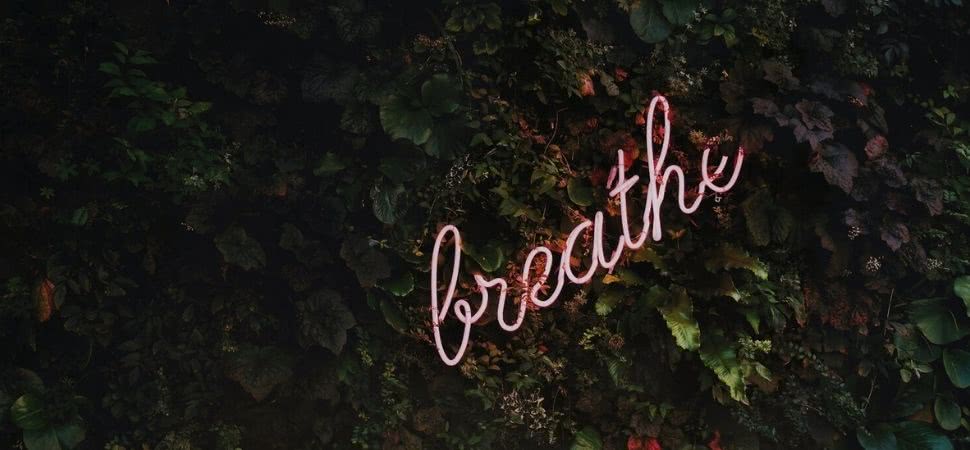
Despite claims from the very top, the novel coronavirus hasn’t magically disappeared. The live industry is grounded indefinitely, face masks are the hot fashion tip, and Melburnians are binging on Netflix as though there’s a title to be won.
Welcome to 2020.
It’s not all bad news. In June, at the very peak of the pandemic, the Association of Artist Managers (AAM) and Support Act joined forces on Gimme Shelter, an intervention mental health program tailored for the Australian music industry.
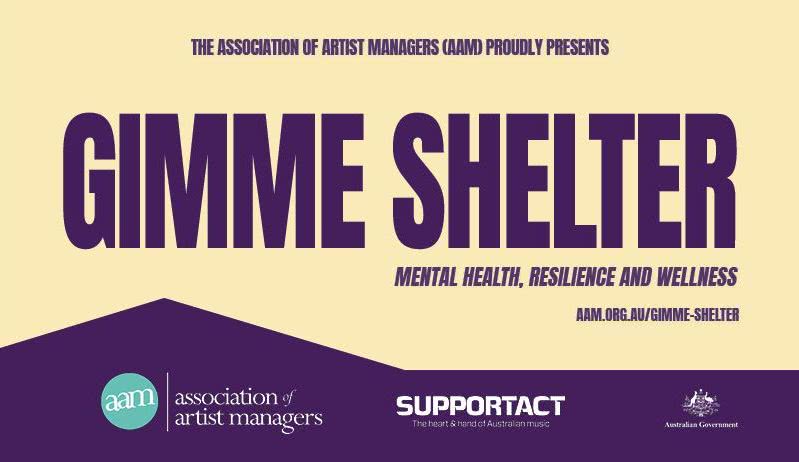
Gimme Shelter
Developed by the AAM and delivered with assistance from Support Act and the federal government, the program will be delivered online for 2020 and 2021 for managers and their artists.
Gimme Shelter, which takes its name from the classic Rolling Stones song from 1969, can train up to 70% of AAM’s membership of more than 300 active artist managers.
In time, the knock-on could benefit more than 800 artists, its creators say.
Fast forward three months, Gimme Shelter is said to be producing tangible results.
TIO caught up with participants Correne Wilkie and Maggie Collins, and Gimme Shelter organiser Cath Haridy, for a close-in look at those early sessions and outcomes.
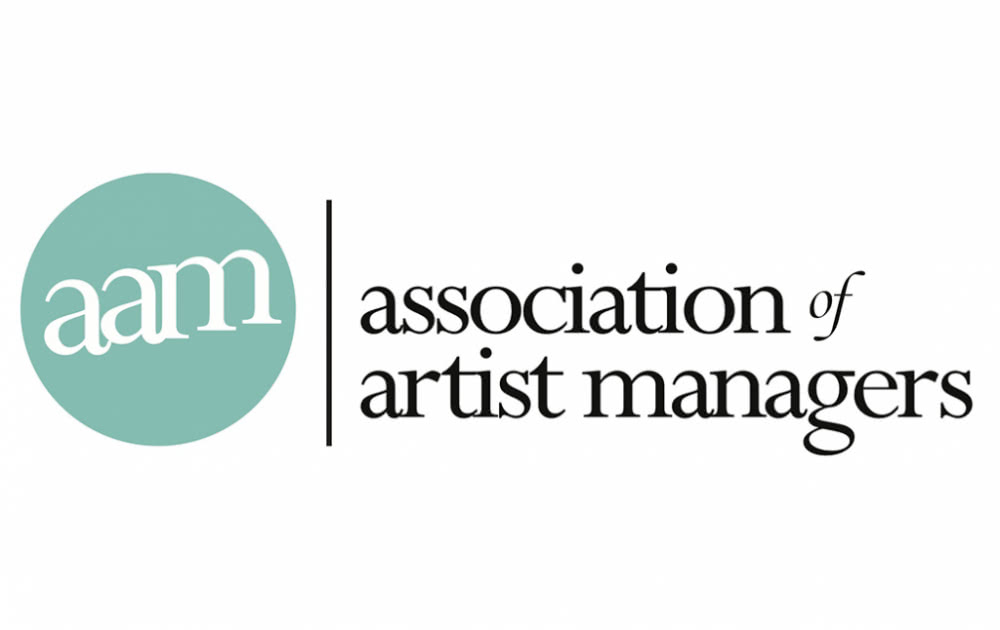
AAM
Gimme Shelter appears to have come at exactly the right time, with the pandemic yanking artists from their fans and ruining their livelihoods. Is there any empirical evidence to support this idea that musicians have struggled with their mental health in recent months?
Cath Haridy, AAM Executive Director and Gimme Shelter organiser: There are a lot of very real and very open struggles going on for both artists, their managers and many others in our music community right now.
If we consider that before the pandemic hit there were some very concerning statistics around mental health and addiction issues for creatives, we have to consider that now, with the material and psychological disruptions that we are all experiencing, there are going to be some serious repercussions for the most vulnerable in our community and we’ve already seen some tragic and deeply saddening outcomes as a result of this.

Catherine Haridy
It’s a challenging time for artists, but few people outside the music community ever consider the strain on artist managers. Let’s face it, managers are often the forgotten people of the music industry, but right now your community is enduring the toughest of times. What’s the reality of life as an artist manager during the pandemic?
Correne Wilkie, Director of Maven and Muse: While a lot of people I know in other industries have been able to take ‘leave’ during this period, or put their businesses into hibernation, we have had to work flat out; first and foremost to rescue crumbling tours and financial realities, and secondly to ensure we have the right strategies and thinking in place for ‘beyond COVID’.
I generally work a couple of years ahead in terms of planning, so we had some pretty major long-term plans tumble when COVID hit, as well as the short-term impacts of getting The Cat Empire and crew back from Europe four shows in to a 28-show European tour on March 13.
We had $1 million of shows cancel in the 48 hours that followed, which is significant and very hard to make up when your line of work is made illegal for an unknown period of time.
So ensuring the financial stability of the companies, scrambling for grants and government packages, making sure band members and crew are ok, maintaining valuable staff and enabling them to work effectively, remotely obsessed the first month or so.
Then it was about going back to the drawing board to build recovery plans.
It has been a very stressful time, and I know that loss of identity and purpose has featured strongly for the artists I know, and the motivation to create has been allusive.
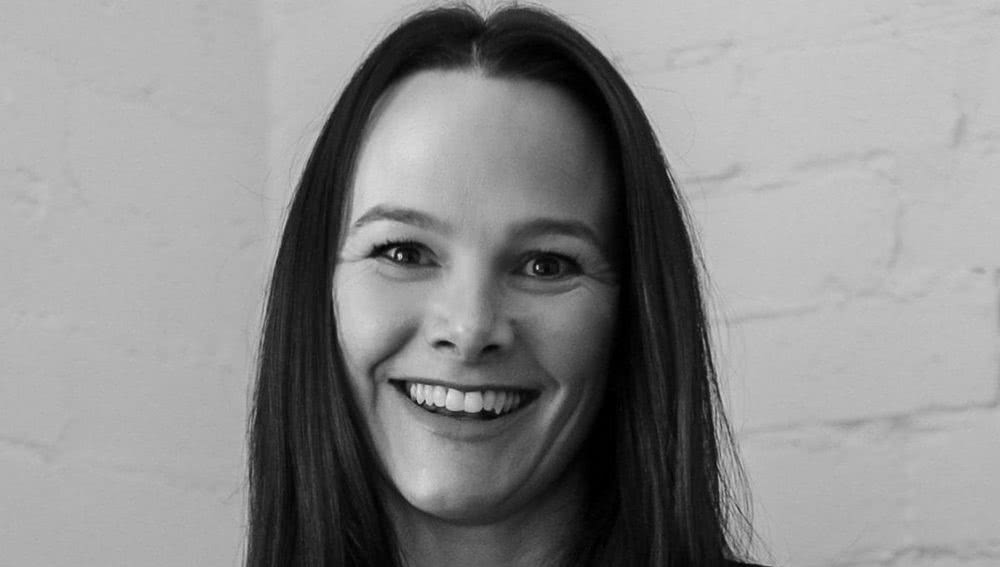
Correne Wilkie
For me, the uncertainty around timing has made short-to-medium term planning next to impossible, and has meant working five times on something that should only generally have to be touched once; so the resource drain has been massive.
The multiple layers of setbacks have been crushing, especially in Victoria where I am based. Add to that the harsh reality of not earning any money for 12 months, or potentially more, while working five times as hard, that’s hard to swallow.
But it has shown me that I genuinely do still do this for the love of it.
My sense of responsibility to the artists I represent, and our huge network of crew and partners, and my deep drive to see everyone back doing what they love and are world-class at has kept me going.
I genuinely cannot wait to see them walk on stage again. I’m 100% certain I will be sobbing in the wings.
On the flip side, COVID interruption has afforded the time to think strategically, attend to the back-end of the businesses, and for me, sign a new client (Boy & Bear) which I would never have had the time to do if this hadn’t happened.
So there are silver linings to this terribly dark cloud over our industry.
I’m focusing everything and everyone now on opportunity, and forging a new path forward instead of exhausting myself attempting to recover what was lost.
We won’t get back to where we were, but we may find ourselves somewhere great that we hadn’t yet imagined…
Maggie Collins, Founder of Morning Belle: I wouldn’t really say that artist managers have it worse than anyone else in the music industry right now, as we’re all in this together. It’s just that every field of music has their own unique set of challenges that they’ve had to adapt to.
Everyday life before COVID-19 was like weight training for managers; we’re used to insecurity, risk, working odd hours in odd locations, being agile, and doing a mountain of work that sometimes amounts to nothing.
But our unique set of challenges come in the form of needing to be the core navigator in a new world that no-one has experienced before.
Once again, our jack-of-all-trades approach means we have a rare insight into almost every area of music that’s being affected. We need to educate the artists and teams around us on what’s happening, while doing our normal job, in an even more insecure financial landscape.
Being a leader of someone’s career is intimidating enough at the best of times, because we love our artists and want to do right by them, so it’s a bit more of a minefield at the moment.

Maggie Collins
You’ve been up and running for about 10 weeks. What has the program focused on in that time?
CH: In the first ten weeks of the Gimme Shelter program we’ve seen managers complete their mental health first-aid course which for some has been immediately utilized in their professional and personal lives.
At a time where we need it most we have focused on connecting our managers with each other through this program to be part of a positive solution and support network for others throughout the industry.
There have been some real practical outcomes in terms of self -care and wellbeing which couldn’t really come at a more impactful time and we’ve had our managers communicating their gratitude for the opportunity to learn some really useful conflict management skills.
Overall we believe the program is contributing to reducing overall feelings of anxiety and distress in a role that is so complex and unforgiving at the best of times and at the worst, managing artists and ourselves through an environment where there is no certainty or ability to accurately plan.
What are your thoughts in these early days of the program?
CH: I hope that the skills and practices that myself and many others have learnt through GS will filter through the broader community and stand us in good stead as practitioners, as responsible and professional members of our music community and most of all have a positive impact on our artists.
The more aware and educated we are, the better we are for ourselves and our artists.
Having the accredited MHFA training and that clear framework for approaching mental health problems, the better equipped we are to respond to mental health crisis responsibly and support those who are in crisis.
Ultimately I can see how much better the overall outcomes for mental health interventions and management of our own lives will be. We have been educated in skills, practices and a real framework that could actually be life-saving.
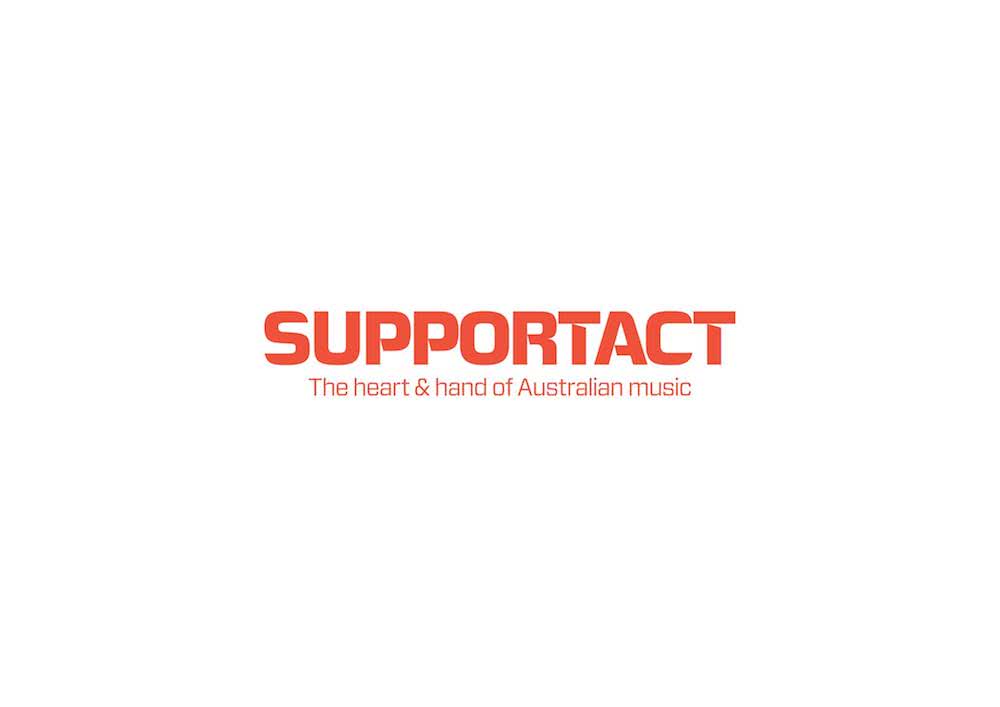
Support Act
How has the Gimme Shelter program equipped you for these tough times?
CW: GS came in the perfect timing for me in dealing with some critical aspects of my own grief and sense of disenfranchisement when my professional world crumbled and my personal life was heavily impacted by massive COVID delivered change in a short timeframe.
I had a realisation in one of the sessions that I was really struggling with the compounded losses that COVID had served up, and instead of just being focused on providing help to everyone around me, I needed to access more support for me through this crazy time.
I also learnt a lot about how to better identify and support people those around me, specifically musicians and crew who operate in a unique orbit both on and off the road.
MC: The program has given us tools to help others and ourselves in a vast array of mental health fields. The Mental Health First-Aid course in particular has given us the skills to recognise crises, give proper support, and refer the people affected onto professionals who can help further.
Why is GS necessary?
MC: The program reminds me of this old saying: “Give a man a fish and you feed him for a day. Teach a man to fish and you feed him for a lifetime.”
Except in this instance, it’s not just one person who benefits but hundreds more, mainly artists. It just goes to show how pivotal the management role is in the orbit of the artist.
How will you share your newly-gained knowledge with your artists?
CW: I’ve already shared the top line info with one of the bands I represent, embedded into a broader conversation around Cultural Values, and what kind of companies and touring cultures we want to build and work in out the back of COVID.
We all have the opportunity to take this time to have some deeper conversations and do the required work to reassess the ways we operate, and to re-shape at this juncture to ensure that when we do emerge out the other end of this tunnel it is with more robust, aligned, sustainable, focused business practices.
MC: The whole course has been a great conversation-starter. We’ve been pretty progressive in the music industry over recent years in talking about mental health, but this course has opened our eyes to so many new facets.
We’ll share the info with the artists and be here to help them through crises, but we’ll also be there for our peers and each other as well.
How many managers have signed up? What’s been the feedback thus far?
CH: We have now had over 100 managers registered for the program with many of them already moving through the program at various stages of completion since July.
We will be running Gimme Shelter right through to March 2021 and would encourage all managers out there who are not currently members of the AAM to join the community and access this program.
We have a real chance to effect a large scale change within our ecosystem with this training and the ripple effects of the skills and practices learnt will be shared with many others outside of Artist Management.
The timing for this early intervention mental health program couldn’t be better and we have Support Act to thank for believing in the program that the AAM created back in early 2019 and backing us to deliver it to the largest cohort of “front-line” workers in the industry.
We’d love to deliver the program to everyone in the industry!

Lars Brandle, Jen Fontaine, Regan Lethbridge, Jeremy Furze and Catherine Haridy at the 2019 ARIA Masterclass
Have you any final thoughts? I’m all ears!
CH: In our new post-COVID world, two of the biggest concerns in our community are career sustainability and mental health/wellbeing. The AAM are hoping to address both of these very understandable concerns through professional development and education, and support. Gimme Shelter is a part of that approach.
We’ve spent a lot of time working on and seeking feedback from the management community, developing plans and looking for funding to make a better, stronger, more professional and educated artist management community.
Artist managers are our industry’s front-line workers – they are going to be integral in leading our artists forward, but we know from our internal members research, managers also struggle with mental health problems and are also struggling to sustain their businesses.
We want everyone in the music community to be looking out for our front-line workers, support them and celebrate them for all the wonderful work they contribute to our sector.
MC: It’s great! Highly recommended to any manager. Essential learning.
CW: I have found it incredibly uplifting to see our industry work together so cohesively through this period, to forge the way forward.
There are many long-held and outdated modes of operating in the music industry that will hopefully be reformed through this.
Everyone is going to have to find more effective, inclusive ways of doing things, and I think there is the potential for our industry to be transformed in really positive ways as we re-build.
But first we need Governments to acknowledge the critical role the Arts plays in delivering people, communities and cultures through crisis, and we need targeted financial support to get this sector back on its feet.
Read more on Gimme Shelter here.
This article originally appeared on The Industry Observer, which is now part of The Music Network.






























